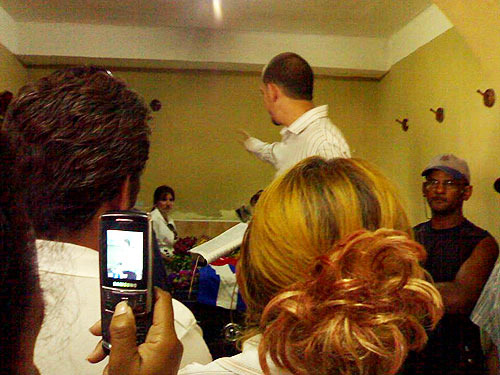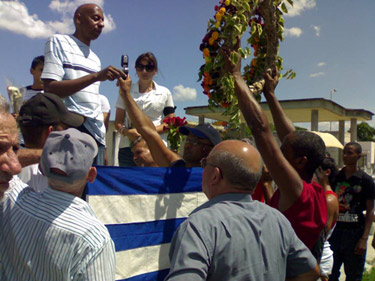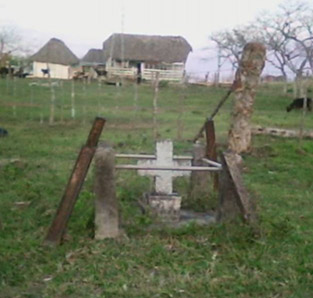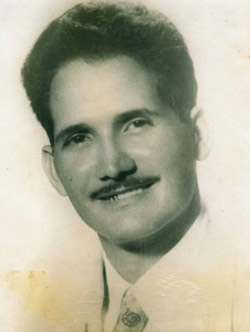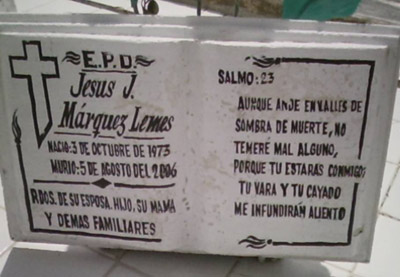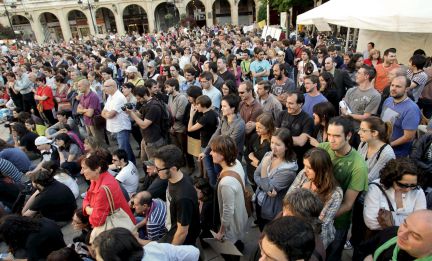
The Cuban government doesn’t censor, persecute and punish its nationals enough, though they live in the diaspora, but that it also is expanding to foreigners its need to teach a lesson to anyone who dares to break the “untainted” — and only authorized — image that it exports of the deteriorating “Revolution” which, if it ever was, has now lost its way.
For eleven months the Cuban authorities have held the Spanish citizen Sebastián Martínez Ferraté, who authorized one of the Spanish journalist who reports for TV5 in that country to do an expose, professionally done of course, on child prostitution in Cuba, which is clandestinely carried on in a great number of homes on the island.
It’s worth mentioning that there are no images in the report of pedophilia, nor anything morbid, much less the corruption of minors; the documentary only uncovers public opinion about the food chain of prostitution on the Island, particularly in Havana, where young girls are sold to the highest bidder. The saddest part, not just for the Government, but for all Cubans, is that the supply chain operates with the complicity of teachers who, for 10 CUC, allow the girls to leave school during class hours and cover up their absences to avoid the notification of their parents, who rely on them for the “rigor and protection” of Cuban education.
Time passed and, through a Cuban “friend” who lives in Spain, they deceived Sebastian and brought him to Cuba believing that he would be airing some reports on hospitality. The day his plane landed at the airport in Havana, was the last day of the World Cup in South Africa, and Cuban Security took care to note, once again, a penalty without a player in, and so the most universal sports was celebrated.
As soon as he stepped foot in the airport terminal, they were waiting for him and without offering him any explanation he was arrested and taken to an unknown place, which reminds me of the complaints of the Cuban Government itself against the United States with regards to the prisoners at the Guantanamo Naval Base without any criminal proceedings.
Eleven months have passed and his family has not been authorized to visit him nor to receive news of his legal status nor even a report on his health. His wife, Dr. María Ángeles Sola, is–consistent with her name, Sola, meaning alone–on her own with their five-year-old daughter, having taken every possible measure at the Spanish Foreign Office in Madrid, but in the first six months the only response she’s gotten from the Cuban authorities was to deny her any contact with the Ambassador in Havana; they will not even tell her the reasons for keeping him in prison.
Maria says, as she recently declared on a Spanish radio station, that the Government has ignored Sebastian’s situation. And that the declarations of the Minister of Foreign Affairs and Cooperation, Trinidad Jimenez, have only served to placate the media and the press and to justify her Government.
Cuban authorities have allowed Maria to contract for the services of an attorney to represent Sebastian, and paying several thousand euros, she’s come to the conclusion that it’s useless, a waste of time, and that they’ve stolen her money.
After great insistence by the Spanish mass media, the wife managed to get the Consul in Havana to visit him in prison, without receiving any concrete response to his kidnapping, given that to date no legal charges have been filed against Sebastian. Maria strongly denies the statements of the Spanish Foreign Office, and charges that the Government and the Spanish Socialist Party is complicit with the Cuban dictatorship.
The question we all have is why doesn’t the Spanish Foreign Office defend Sebastian’s rights as an ordinary citizen. When will the Spanish Government assume a critical posture, without complications of any kind, with the totalitarian policies of Cuba, and turn its back to later justify what it did not witness. The truth is that both the Spanish Socialist Party and the Spanish Government have abandoned Sebastian, even as they affirm that he’s receiving consular assistance.
His wife Maria Sola and a mutual friend, Manual Fernandez, have appealed to me to use this space to help in spreading this outrage against international rights, and of course I have urgently complied. Knowing that the regime specializes in constructing false crimes and simulating trials where, before they’ve heard a single word from either party, they’ve already passed sentence.
I would hope that within this grain of sand that I am launching at international opinion–like that of Jose Marti for whom the whole glory of the world fit into a single grain of sand–can fit all the righteousness of good human beings, and that we can join our voices in demanding the Rights that belong to a defenseless man who suffers unjust imprisonment for doing his job as a journalist.
I want this kernel of corn that launched international opinion, like that of José Martí, the whole glory of the world fit into a kernel of corn, now it fits all the righteousness of the good human beings, and we demand our voices joining the Rights that corresponds to a helpless man who suffers unjust jail for doing his duty as a journalist.
Hopefully we will achieve our aims.
May 20 2011

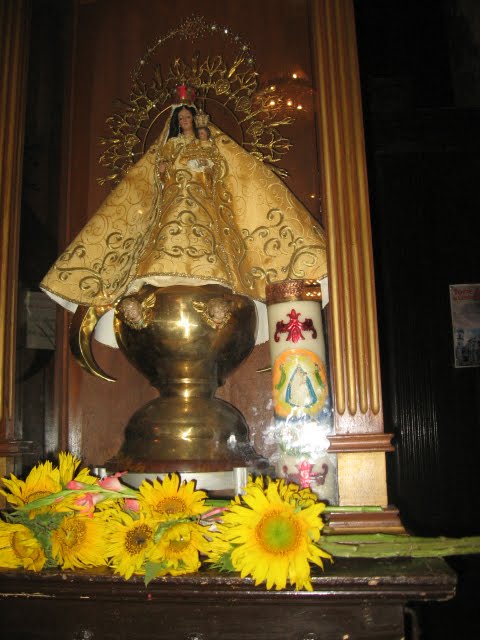
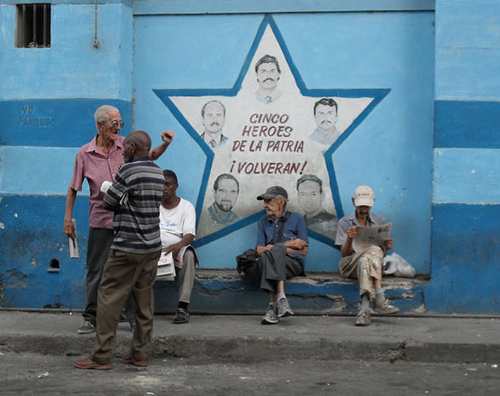

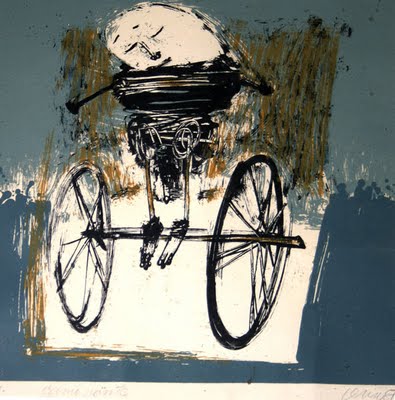
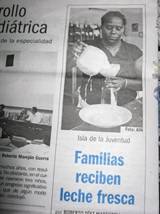 Just a few days ago we celebrated Farmers’ Day. Its highest leader, among other things, expressed that he couldn’t continue extracting and transporting fresh milk, nor offering it to the people with such precarious hygiene.
Just a few days ago we celebrated Farmers’ Day. Its highest leader, among other things, expressed that he couldn’t continue extracting and transporting fresh milk, nor offering it to the people with such precarious hygiene. There are those who believe that history is written only by those in power, by means of textbooks, testimonials, biographies, means of communication and other supports of dominance that certify the version of the victors. Cuban history of the 20th Century confirms the rule, but in conflict with the story of the main characters who jump the fences of the socio-political angle.
There are those who believe that history is written only by those in power, by means of textbooks, testimonials, biographies, means of communication and other supports of dominance that certify the version of the victors. Cuban history of the 20th Century confirms the rule, but in conflict with the story of the main characters who jump the fences of the socio-political angle.
